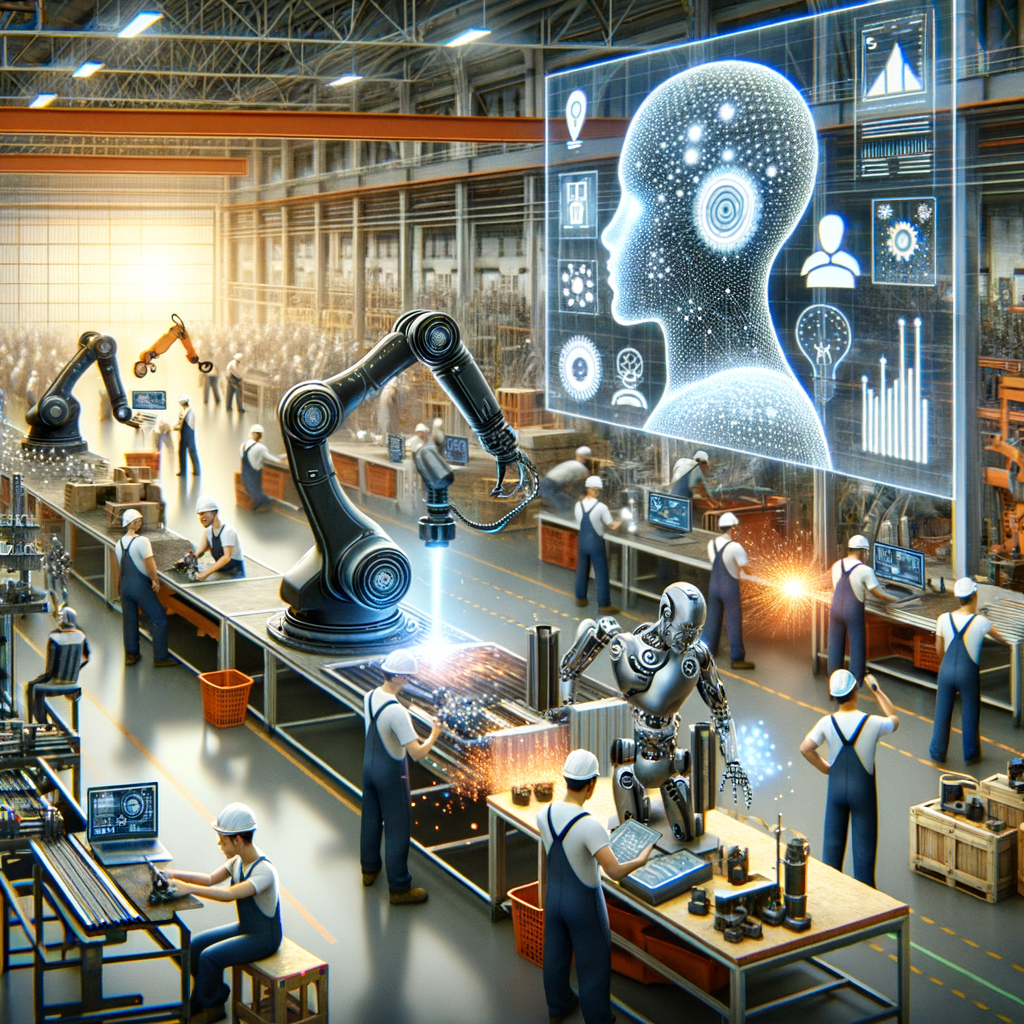
The advent of artificial intelligence (AI) is transforming various sectors, and trade jobs are no exception. From improving operational efficiency to creating safer work environments, AI is poised to revolutionize the trades industry. However, this transformation also comes with its own set of challenges and implications for workers. In this blog post, we delve into how AI is reshaping the future of trade jobs and workers, focusing on both the potential benefits and the obstacles that need to be addressed.
One of the most notable impacts of AI in the trades industry is the automation of repetitive and labor-intensive tasks. AI-powered machines can handle activities like welding, cutting, and assembly with high precision and speed, reducing the need for human intervention. This automation can lead to:
AI algorithms can analyze vast amounts of data to provide actionable insights. In the trades industry, this capability is invaluable for:
Safety is a significant concern in the trades industry. AI can contribute to safer work environments by:
Contrary to popular belief, AI does not merely replace human workers; it can also enhance their skills. Workers can use AI tools to gain new competencies in:
As AI takes over mundane tasks, workers can focus on more complex and rewarding activities. This shift can lead to:
AI technologies enable more flexible and remote work arrangements. For example:
While AI offers numerous advantages, it also poses the risk of job displacement. Workers whose tasks are automated may find themselves without a role. Addressing this issue involves:
The deployment of AI in trade jobs also raises ethical issues. These include:
Despite its potential, AI is not without limitations. Some challenges include:
AI is undeniably a game-changer for the trades industry, offering a myriad of benefits that can enhance productivity, safety, and worker satisfaction. However, these advancements do not come without challenges. As we navigate this new landscape, it's crucial to address the ethical, social, and technical considerations. By doing so, we can ensure that AI serves as a valuable tool for progress rather than a disruptive force.
Ultimately, the future of trade jobs lies in our ability to adapt and integrate AI thoughtfully, ensuring a balance between technological innovation and human expertise.
© 2023 alphalogix. All right reserved. | Designed by Zipzipe Privacy Policy Terms of Service